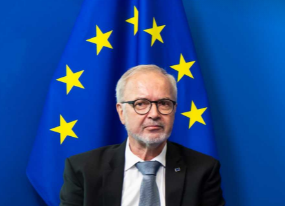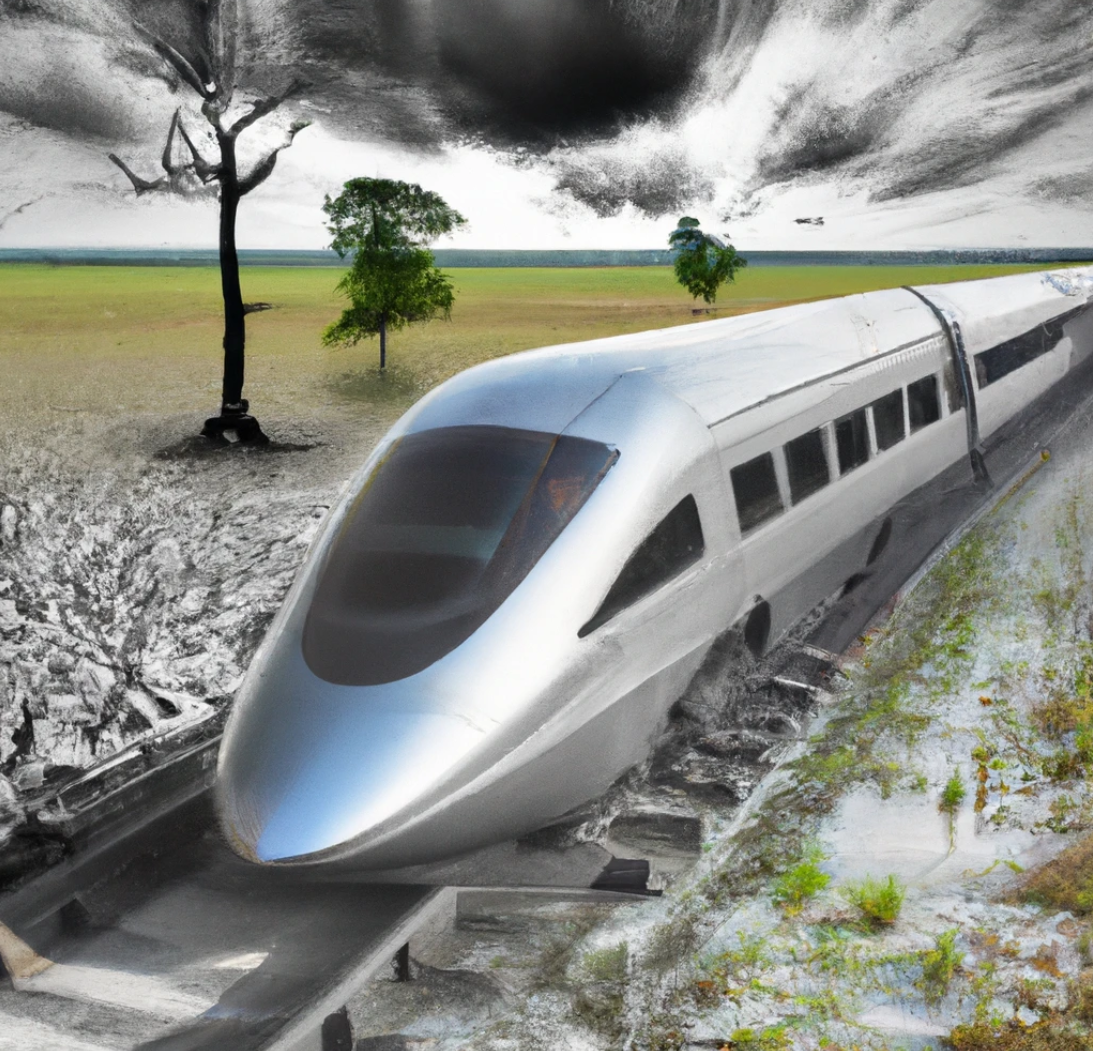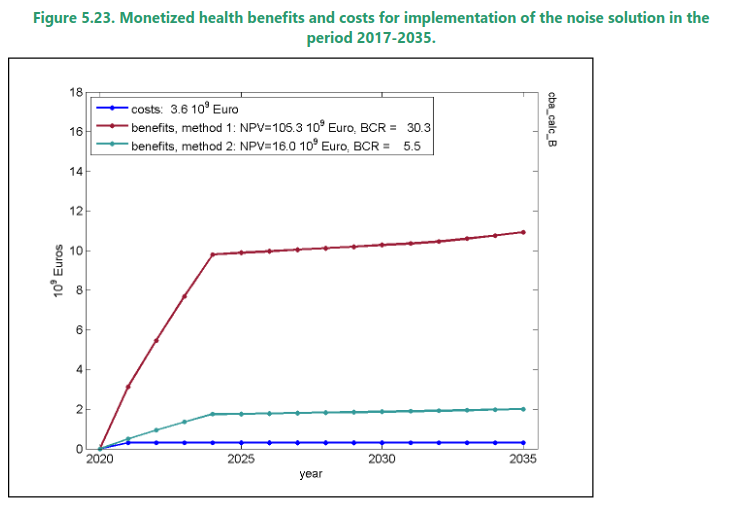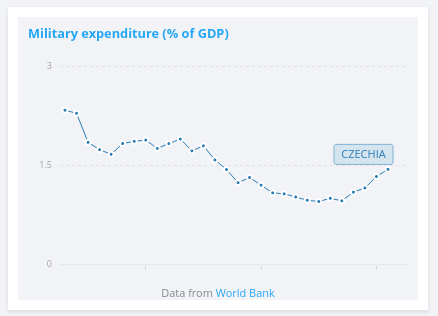Viability
Whether an infrastructure project should be built generally revolves around the ‘benefit to cost‘ (BCR) ratio. How many Euros back do the public see for every Euro of their money spent?
When compared with foreign experience and economic analyses of VRT projects, it is obvious that due to the geography of the Czech Republic, static population and population distribution, the benefit-cost ratio will be less than 1:1, and therefore this project should not be implemented at all (according to the government’s Rapid Rail Connections Development Programme of 2017).
Feasibility studies[1]https://drive.google.com/drive/folders/1fve4P2wCwPuhcvUXbFo5j1s3DuXK50sw?usp=sharing presented by the Railway Administration (Správa železnic – ‘SŽ’) contain inaccurate, often overestimated figures that do not correspond to the current post-covid reality (one example is the time savings of induced transport). Furthermore, the production of CO2 and other pollutants generated during the construction of the VRT is not included in the externalities of the whole project. Passenger numbers are not supported by good quality studies.
The financial cost of building the VRT lines will never be recovered and, in addition, the operation of the VRT lines will have to be subsidised. As the feasibility study for the Prague-Dresden line shows, each kilometre of VRT will cost taxpayers around 5 million CZK per year. On other VRT lines without freight traffic, this subsidy will have to be even higher.
The total investment costs of 600 billion crowns are based on 2020 and were calculated according to the methodology of the Ministry of Transport as of 2017. Unfortunately, the price costs today are much higher, and the construction costs tendered by the railway administration correspond to this. This year alone, construction inflation is at 30% and this is the stated investment margin in the feasibility studies. This year any reserve has been wiped out in advance.
Moreover, the feasibility studies do not take into account the cost of the money the state will have to pay to borrow it. For the current state debt, it is at 2.5%. To give you an idea, out of 600 billion, this amounts to 15 billion a year. The fact that this is unaffordable for our budget was mentioned in a recent interview with “idnes” by Transport Minister Havlicek.
To date, no one from SŽ or the Ministry of Transport has been able to say whether the Czech Republic has enough construction material for this mega-construction.
A careful examination of SŽ’s spreadsheets [2]https://docs.google.com/spreadsheets/d/1Mz0F9jhMgazNrDTaZZ37Cg9tlzzJygL-/edit?usp=sharing&ouid=118351092579031968104&rtpof=true&sd=true would show that the project is based on falsity. In particular, we would direct the reader to the passenger data in tables 5.6a and b of the ‘time saving’ sheets, which irrefutably shows that the project has no viability.
We believe that the VRT project is ill-conceived, damaging to the countryside, economically incontinent and based upon impossible passenger figures. We believe that it is encouraged by lobbyists, civil engineering companies and other entities seeking to profit from it. Furthermore, we believe that no proper, transparent and independent scrutiny of the viability of the project has been done using appropriate up-to-date figures. Lastly, we believe that politicians have been misled or are knowingly misleading the public about the foregoing[3]https://youtu.be/fwENxk_jnGU.
We require SŽ to be open and transparent with the public in all that they do. That includes providing full data, sources and terms of reference by which data were obtained so that it may be independently and academically assessed. It includes acting openly and honourably with the public and with the mayors of the communities adversely affected by the route. SŽ should remember that the Czech taxpayer is paying for this project.
According to international experts, nine out of ten megaprojects go over budget [4]https://www.researchgate.net/publication/229675754_Machiavellian_Megaprojects due to a combination of optimism bias and political lying. The Railway Administration’s (SŽ) 30% contingency has already been absorbed by inflation and it has been admitted that the project will exceed 1 trillion kc rather than the 600 billion that is currently mentioned in the media. Furthermore, their projected passenger numbers do not accord with the reality of Prof Kvizda’s 2018 research [5]https://www.em.muni.cz/veda-a-vyzkum/13828-maji-vysokorychlostni-trate-v-cesku-vyuziti, paid for by the Czech government. All in all, the benefit to cost ratio by which such a project can proceed is well below any acceptable minimum. According to Czech Government limits the VRT project should therefore stop.
Summary:
Given the geography and population of our country, it is clear that any business case for high-speed rail that the Railway Authority (SŽ) might present would be likely to be contrived. Indeed, the feasibility studies that they have commissioned or undertaken contain critical data that appear to be false. As more information is disclosed by external researchers SŽ’s numbers look increasingly suspect.
It seems strange that the economic validity of the VRT project does not seem to have been really examined by anyone. Everyone trusts everyone else to do it.
References







